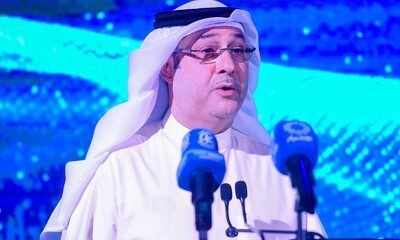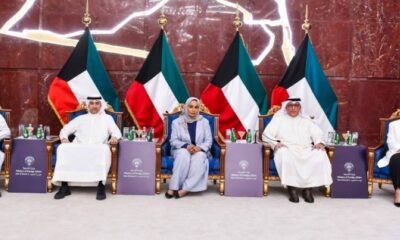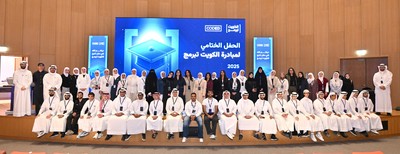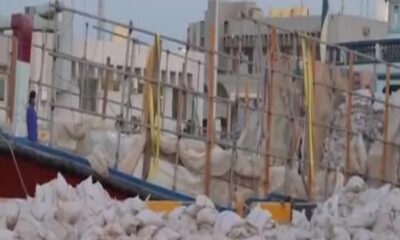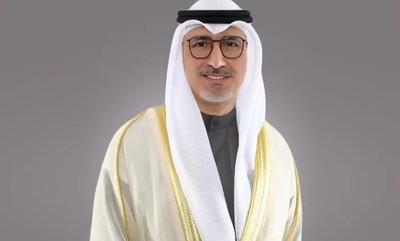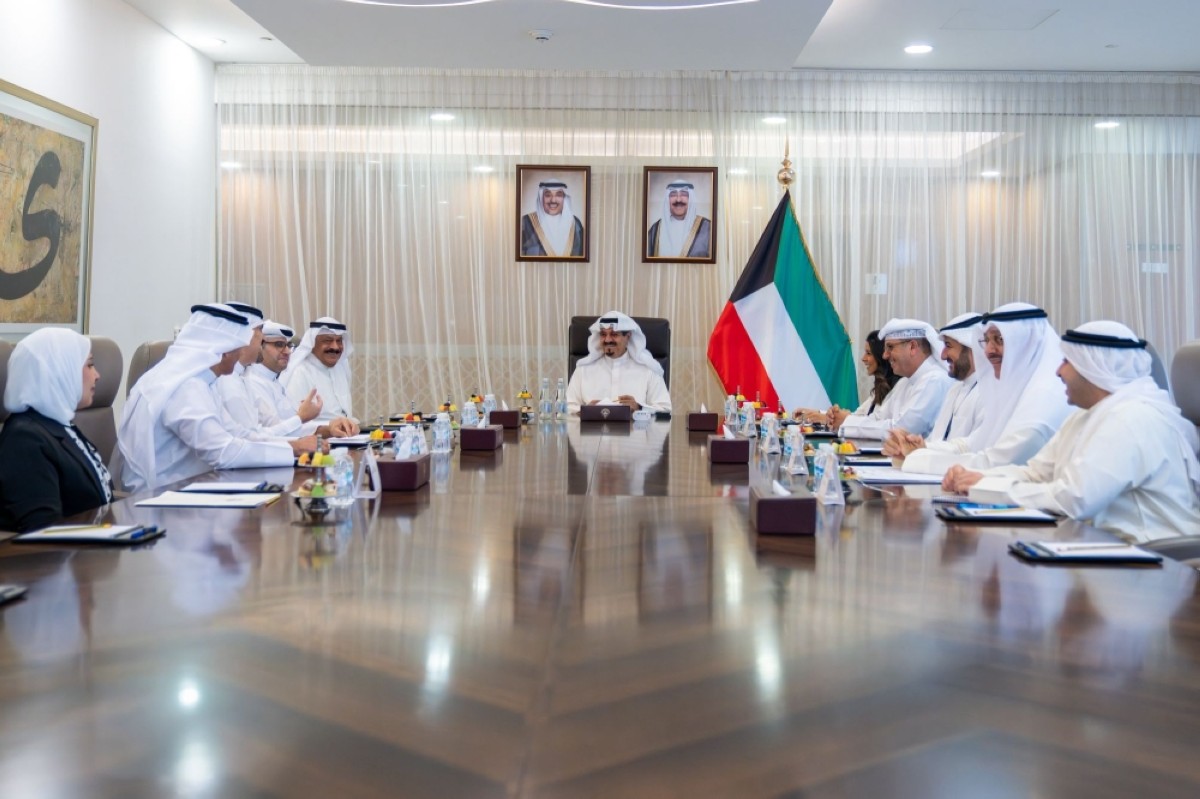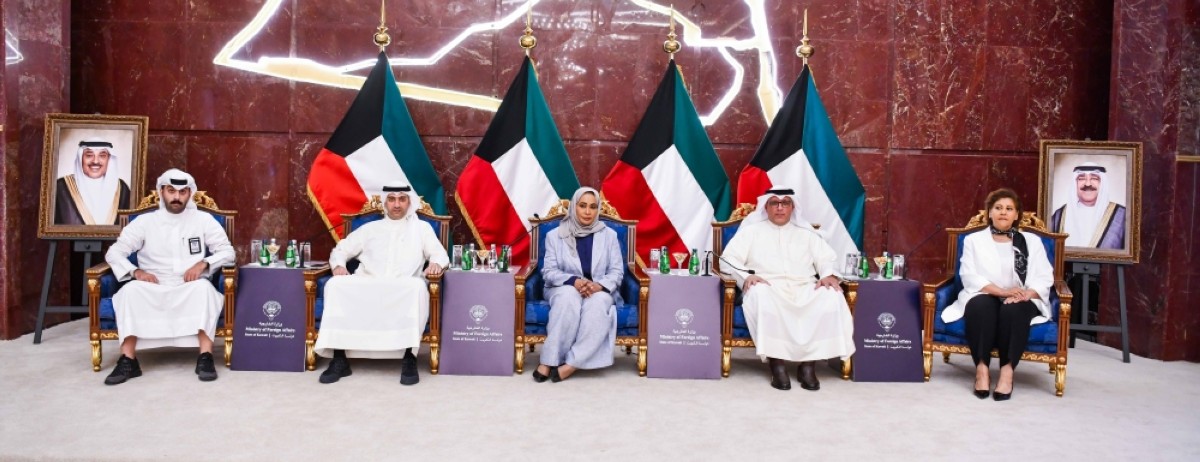KUWAIT: The Cabinet held its weekly meeting on Tuesday at Bayan Palace under the chairmanship of His Highness the Prime Minister Sheikh Ahmad Al-Abdullah Al-Ahmad Al-Sabah. Following the meeting, Deputy Prime Minister and Minister of State for Cabinet Affairs Shareeda Al-Maousherji outlined the key discussions and decisions. At the outset, the Council of Ministers reviewed messages received by His Highness the Amir Sheikh Meshal Al-Ahmad Al-Jaber Al-Sabah from a number of leaders of brotherly and friendly countries on strengthening bilateral ties and expanding cooperation across various fields.
Support for Qatar
The Cabinet praised the address delivered on behalf of His Highness the Amir by His Highness the Crown Prince Sheikh Sabah Al-Khaled Al-Hamad Al-Sabah at the emergency Arab-Islamic Summit in Doha, which was convened to discuss the recent Zionist attack on Qatar. His Highness reiterated Kuwait’s firm condemnation of the aggression, stressing that Qatar’s security is an integral part of Arab and Islamic security, and offering condolences to Qatar for the victims, including martyr Bader Saad Al-Dosari.
The Cabinet stressed that the repeated violations by Zionist occupation forces threaten regional and international peace and stability, undermine international law, and risk driving the region into chaos. Kuwait renewed its call on the international community and the UN Security Council to shoulder their responsibilities, stop systematic aggression, and hold perpetrators accountable. The Council further praised Qatar’s continued efforts to support the Palestinian cause, mediate for a ceasefire, and uphold Palestinian rights based on international legitimacy and the Arab Peace Initiative. It also welcomed the final statement issued by the GCC Supreme Council in Doha, which strongly condemned the Zionist attack, affirmed full solidarity with Qatar, and directed the Joint Defense Council to convene urgently to activate collective defense measures.
UN General Assembly
The Cabinet was briefed on the upcoming official visit of His Highness the Crown Prince to New York to lead Kuwait’s delegation to the high-level week of the 80th UN General Assembly session. The delegation will include senior officials from the Foreign Ministry, Amiri Diwan and the Kuwait Direct Investment Promotion Authority.
Education readiness
The Council reviewed a detailed presentation by Minister of Education Sayed Jalal Al-Tabtabaei on preparations for the 2025/2026 academic year. The briefing covered school rehabilitation, teaching plans, and technical readiness, alongside the opening of 10 new schools, including seven in Al-Mutlaa and specialized institutions for students with hearing impairments. The Cabinet was also informed about the electronic Balag system for monitoring school readiness, updates to curricula to strengthen national identity and new agreements with accredited suppliers for school cafeterias.
Development projects
The Cabinet reviewed the quarterly report on the 2025/2026 development plan presented by Minister of Electricity, Water and Renewable Energy and Acting Minister of State for Economic Affairs and Investment Dr Sabeeh Al-Mukhaizeem. The report assessed 141 projects worth KD 1.3 billion, along with 63 draft laws under preparation in areas including privatization, infrastructure and the establishment of an international economic zone. The report also highlighted key challenges to implementation, including administrative, technical and regulatory obstacles.
Draft Decrees and Laws
The Council approved several draft decree-laws and amendments, including: Amending provisions of the law establishing the Public Authority for Minors’ Affairs to strengthen its investment mechanisms in coordination with the Public Investment Authority. Amending the law governing the General Secretariat for Endowments to reinforce oversight of investment strategies in line with Islamic Sharia. Canceling Law No 114 of 2014 on retirees’ health insurance due to inefficiencies, high costs and duplication of services. These draft laws will be referred to His Highness the Amir for approval.
Condolences
The Cabinet mourned the passing of former Deputy Prime Minister and Minister of Oil Dr Emad Mohammed Al-Atiqi, commending his distinguished national service and contributions to Kuwait. Finally, the Council reviewed other items on its agenda, approving several measures and referring others to the relevant ministerial committees for further study. — KUNA

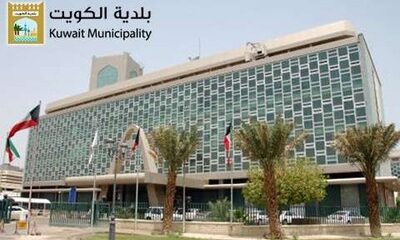
 Politics4 hours ago
Politics4 hours ago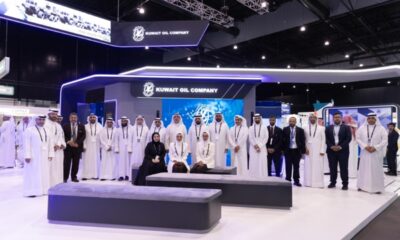
 Latest News22 hours ago
Latest News22 hours ago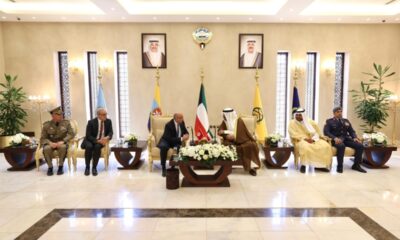
 Latest News23 hours ago
Latest News23 hours ago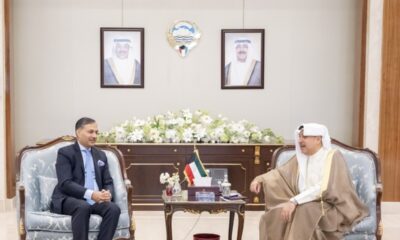
 Latest News21 hours ago
Latest News21 hours ago
 Latest News20 hours ago
Latest News20 hours ago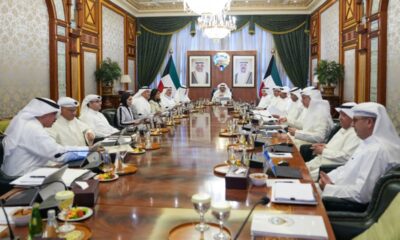
 Latest News19 hours ago
Latest News19 hours ago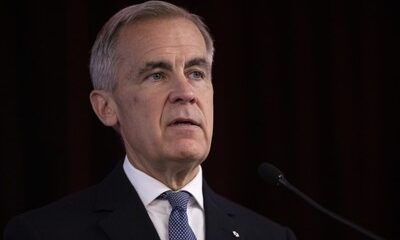
 Business10 hours ago
Business10 hours ago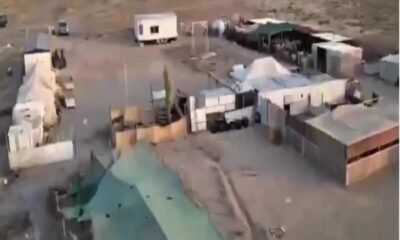
 Politics21 hours ago
Politics21 hours ago
